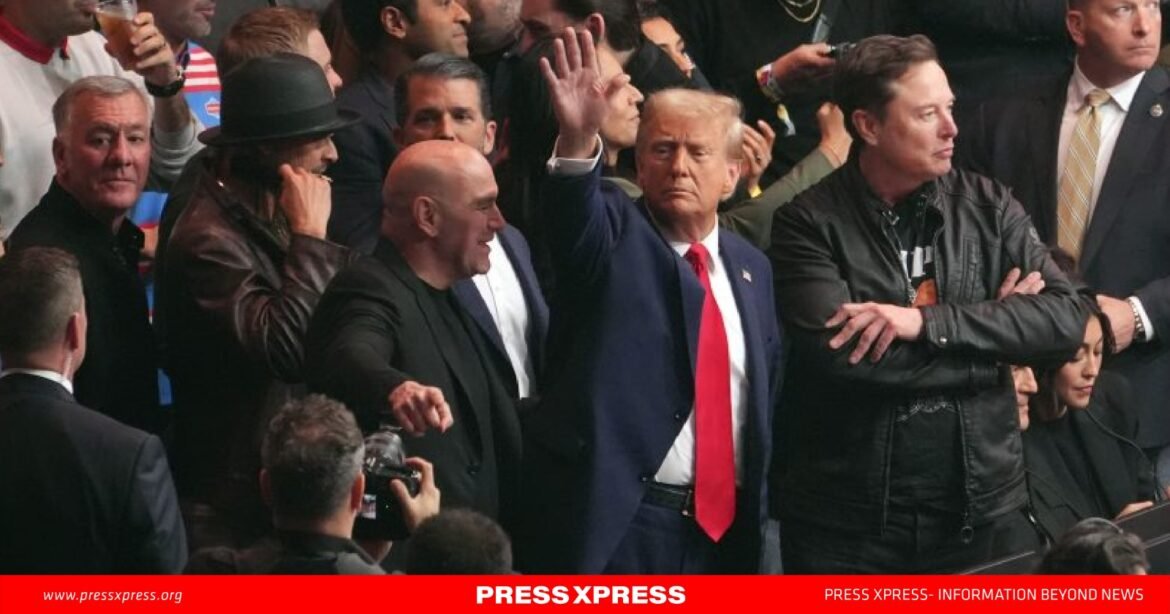Donald Trump is holding his ground on his contentious Cabinet choices, setting the stage for a significant political battle when he assumes office next year. The nominations of figures like Matt Gaetz, Tulsi Gabbard, Pete Hegseth, and Robert F. Kennedy Jr. signal the president-elect’s intent to reshape the nation’s power structures, even as their qualifications and past controversies draw sharp criticism.
In the coming days, the fate of these nominees will hinge on confirmation battles in a Republican-controlled Senate. Each candidate is tasked with overseeing critical areas, including law enforcement, intelligence, defense, and public health. However, opponents argue they lack the necessary expertise to manage the complex federal departments they’ve been tapped to lead.
Allegations and Controversies
Scrutiny has intensified following recent allegations against Trump’s nominees. Pete Hegseth, Trump’s pick for defense secretary, reportedly settled a sexual assault claim in 2017 with a confidentiality agreement. Hegseth denies the allegations, and no charges were filed. Meanwhile, Matt Gaetz, nominated for attorney general, faces ongoing criticism over his past, including claims he engaged in sexual misconduct with a minor—allegations he has vehemently denied.
Tulsi Gabbard’s nomination as director of national intelligence has also drawn ire, with critics citing her past statements that seemed to align with Russian propaganda. Similarly, Robert F. Kennedy Jr., known for his anti-vaccine stance, faces doubts about his ability to lead the Department of Health and Human Services, despite gaining support for his positions on processed food.
A Divided Reception
While Trump’s more conventional pick of Florida Senator Marco Rubio for secretary of state has been well-received across party lines, the controversies surrounding other nominees would typically signal political disaster. However, Trump appears determined to push forward, viewing these choices as essential to his promise of dismantling Washington’s establishment. A source close to Trump emphasized his unwavering support for Gaetz, calling him a “100%” priority for confirmation.
Some Republicans, like Senator Markwayne Mullin and Senator Eric Schmitt, have expressed cautious or outright support for the nominees, while others, such as Senator Tommy Tuberville, praised their loyalty and alignment with Trump’s agenda. Across the aisle, Democratic leaders, including Adam Schiff and Jim Himes, have criticized the nominees as unfit, warning Republican senators against enabling Trump’s agenda.
Trump’s Strategic Calculations
Trump’s son, Donald Trump Jr., defended the nominations during a Sunday interview, framing them as a deliberate challenge to the “liberal deep state” and a move to staff the administration with loyalists committed to his father’s vision. He argued that the backlash against the picks was evidence of their effectiveness as disruptors.
This strategy reflects Trump’s broader goal to overhaul the federal government, which he and his supporters see as an obstacle to their agenda. Critics suggest this approach undermines the credibility of the institutions these nominees would lead.
A Looming Senate Battle
With a slim Republican majority in the Senate, a handful of defections could block some of the most controversial nominations. Yet, many GOP senators appear willing to back Trump’s picks, citing their alignment with his reform agenda. The confirmation process will test the resolve of Republican senators and their willingness to resist pressure from Trump and his supporters.
The stakes are high, as the confirmation battles will define not only the future of Trump’s Cabinet but also the balance of power in Washington. Democrats, including Senator John Fetterman, have urged their party to focus on broader strategies rather than reacting to each controversy, warning against being drawn into Trump’s calculated provocations.
As Trump finalizes his team, with key positions like treasury secretary still unfilled, the unfolding drama over his Cabinet selections offers a preview of the confrontational governance style likely to define his presidency.


